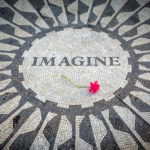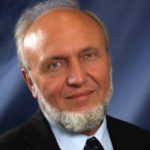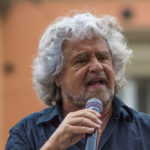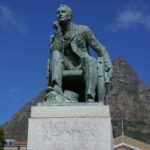The European elites have long stopped to respond to the fears and hopes of the people, which resulted in the emergence of new political parties and movements that address these fears and inspire many citizens of the Old Continent with a hope that it is still possible to have a new, healthy establishment. The forthcoming elections in France, Italy and the Netherlands may decide whether such politicians as Fillon, Macron, Grillo or Wilders, who decisively oppose the current establishment, will hold positions of power. The question arises whether they are as reliable and trustworthy as they would like to be perceived or they only wish to pull wool over our eyes and will not be all that different than their neoconservative and liberal predecessors.
Due to numerous scandals, cronyism, unfair business deals, empty promises, thousands of migrants in the streets and refugee camps people began to mistrust the likes of Berlusconi or Sarkozy. Recently, new actors have appeared on the political stage who immediately have been labelled as extreme right or left, populist, xenophobic and anti-European. People in Italy and France, however, do not let themselves be duped with such misnomers anymore and prefer now to turn their attention to such politicians as Marine Le Pen or Beppe Grillo, who at least represent the common man’s feelings and hopes. Yet, even if the National Front and the Five-Star Movement abide by their election promises, the leaders of these parties do not seem so decent as their voters wish they were. Continue reading →

















